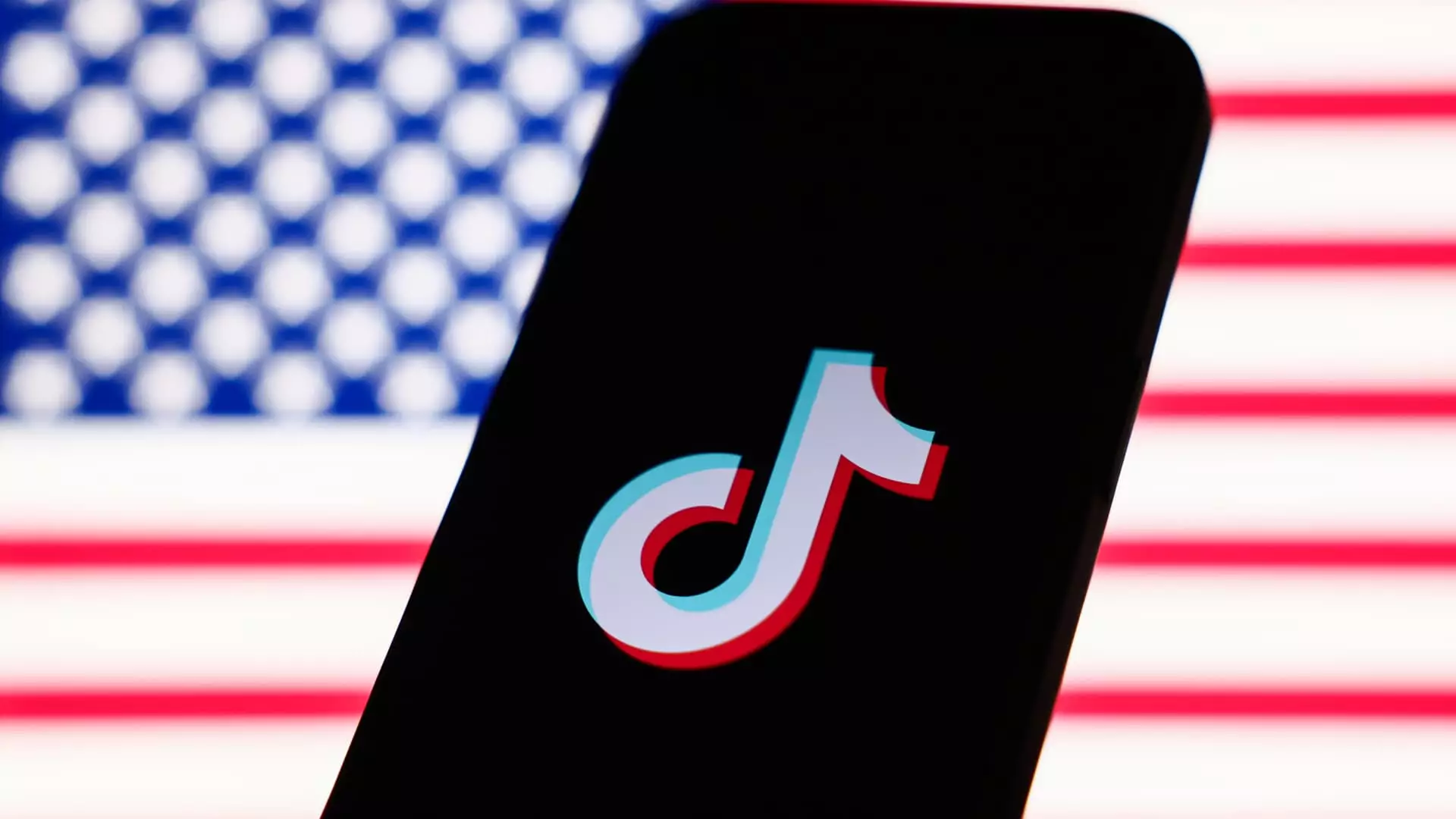In a significant move within the technology sector, Perplexity AI has initiated a bid to merge with TikTok U.S., currently owned by ByteDance. This proposed structural realignment is aimed at creating a new business entity that incorporates Perplexity, TikTok U.S., and additional investors. The motivation behind this merger appears to be rooted in the strategic growth of artificial intelligence, particularly in the realm of generative AI—a burgeoning field that has captivated both consumer interest and investor confidence.
The intricate details surrounding this potential merger reveal a landscape characterized by both opportunity and risk. Sources familiar with these discussions, who have remained anonymous, suggest that the merger would facilitate ByteDance’s current investors retaining equity interests while simultaneously enhancing Perplexity’s capacity to deliver more video content—an innovative endeavor in a market that is increasingly converging towards multimedia experiences. This move, if successful, could usher in a transformative period for both entities, positioning Perplexity as a formidable competitor to titans like OpenAI and Google.
Perplexity AI began 2024 with a valuation estimated at $500 million, a figure that astonishingly surged to roughly $9 billion by the end of the year. This explosive growth reflects the escalating investor optimism around AI-powered search technologies, a pivotal area of competition within the tech industry. Notably, as traditional search engines grapple with the rise of AI-assisted queries, they face increasingly pressing questions about their future roles in information access.
The AI search sector has gained traction as numerous companies, including OpenAI—which ignited the generative AI movement with its ChatGPT—have introduced innovative platforms to reshape the search experience. OpenAI’s SearchGPT and Google’s subsequent AI Overviews feature are prime examples of how these tech giants are evolving to meet the changing demands of consumers. As Perplexity AI seeks to position itself within this evolving ecosystem, the potential merger with TikTok U.S. represents a strategic attempt to leverage existing multimedia capabilities to enhance its search offerings.
Political and Market Dynamics
The timing of Perplexity’s bid coincides with a politically charged atmosphere surrounding TikTok’s operations in the United States. With threats of regulatory action looming over ByteDance’s flagship app, notable attention is being directed toward the future of TikTok U.S. and its relationship with the Biden administration. Statements from President-elect Donald Trump about extending a negotiation window signal a complex blend of political and market dynamics that could have profound implications for the deal’s feasibility.
Further complicating matters, ByteDance has expressed reluctance to sell TikTok U.S., suggesting a preference for a structured merger as opposed to a total divestment. Such a sentiment is reflected in the negotiations with Perplexity AI, which are being framed not merely as a sale but as a partnership marrying the capabilities of both entities. The anticipated price tag for this merger is rumored to be “well north of $50 billion,” an amount expected to be influenced by the sentiments of current investors about their involvement in the new venture.
This merger signals a potential paradigm shift in how social media and AI technologies can converge, creating enriched user experiences that blend information with entertainment. The proposed collaboration could redefine user engagement via an integrated platform that allows seamless access to AI-generated content within the TikTok ecosystem.
As digital landscapes evolve, the success of such a merger hinges on various factors, including regulatory approval, technological integration, and public reception. The endeavor embodies the ambivalence of innovation: massive potential for redefining the industry must be balanced against scrutiny from regulators and existing users.
Perplexity AI’s bid for TikTok U.S. epitomizes the vibrant interplay between technology, investment, and regulation in today’s digital era. Its outcome could not only reshape guidelines on platform ownership but also redefine how AI technologies empower the social media landscape, marking the end of traditional barriers and the beginning of a new, integrated digital experience. As both parties navigate the complexities ahead, the tech world will undoubtedly watch closely to see how this audacious bid unfolds.


Leave a Reply